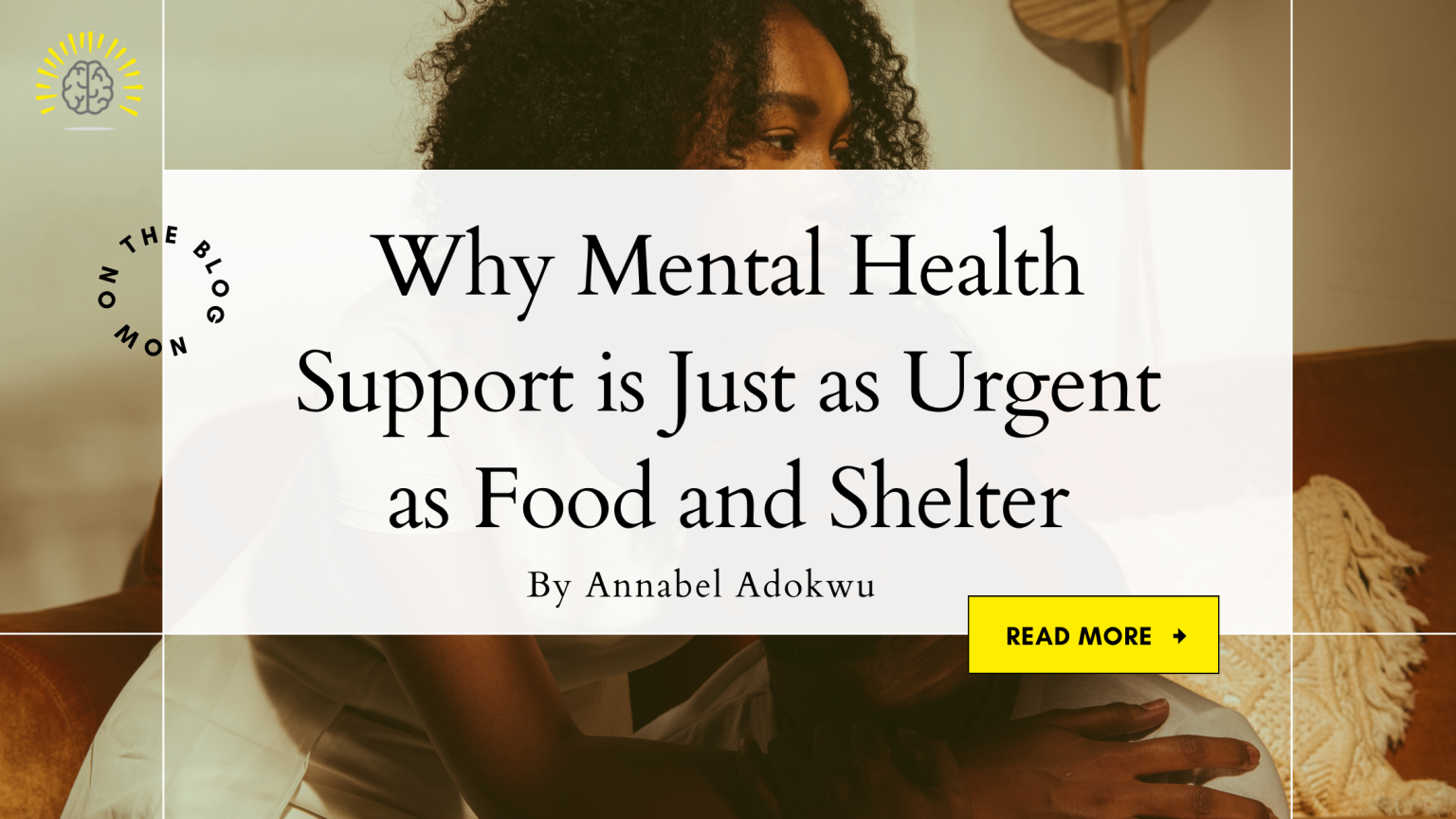Disaster comes like a thief, silent but devastating. In the rush to survive, we send trucks with rice and bottled water, set up tents, and deploy doctors to treat the wounded. Yet beneath these visible wounds lies another crisis: the invisible scars of fear, loss, and uncertainty. These emotional injuries can last long after the floodwaters recede or the sirens fade. When the world shakes, mental health support in humanitarian crises becomes just as urgent as food and shelter.
The Hidden Crisis in Humanitarian Response
During humanitarian crises, physical needs often take center stage. But for many survivors, emotional pain becomes the heaviest burden. Without psychosocial support, trauma festers, trust erodes, and recovery stalls.
Recognizing this truth isn’t about choosing between food and feelings — it’s about understanding that healing requires both.
A 2020 study on community disaster trauma identifies three groups affected by such events:
- Primary victims: those directly impacted by the disaster.
- Secondary victims: family, rescue workers, and witnesses.
- Tertiary victims: those indirectly affected through emotional or geographical proximity.
These people who become victims of their world turning upside down often have worrying cognitive and emotional responses like confusion, survivor’s guilt, shock, grief, and a myriad of other responses. These emotional injuries shape how people rebuild their lives. Unaddressed trauma can impair decision-making, weaken social ties, and slow recovery for entire communities. Recognizing mental health as part of disaster relief ensures recovery is not only about survival but also about restoring dignity, resilience, and hope.
Trauma, Displacement, and the Nigerian Experience
Nigeria continues to grapple with insurgency, displacement, and humanitarian emergencies, especially in the North-East. Thousands of families in Borno and Adamawa States have been uprooted by violence. Internally Displaced Persons (IDP) camps have become makeshift homes for people once living ordinary lives but now burdened with grief and uncertainty.
A 2019 survey in several IDP camps revealed that 60% of participants reported at least one mental health symptom, and 75% showed functional impairment linked to mental distress. Organizations like the International Rescue Committee (IRC) and Plan International have since established safe spaces for women and children, offering emotional care alongside physical support. These interventions help survivors rebuild not just their homes, but their sense of safety and belonging.
Building Resilience Through Mental Health Support
Recurring crises like floods, epidemics, and displacement, continue to test Nigeria’s resilience. Yet, mental health care remains neglected in emergency response. Integrating psychological support into disaster management can prevent long-term effects like PTSD and depression.
To move forward, Nigeria must:
- Align with MHPSS (UNHCR) Guidelines: Make mental health and psychosocial support a core part of emergency preparedness.
- Include Mental Health Professionals in Response Teams: NEMA, the Red Cross, and state emergency agencies should collaborate with psychologists and social workers.
- Train First Responders in Psychological First Aid (PFA): Equip police, volunteers, and health workers with empathy, active listening, and emotional stabilization skills.
- Strengthen Health Systems Using WHO’s mhGAP Humanitarian Guide: Ensure general hospitals and community health centers can deliver basic mental health care.
True progress requires collaboration, effective government policy, innovative NGO efforts, and community engagement. The Sunshine Series’ partnership on the 112 emergency hotline shows how joint efforts can expand access to mental health support. However, with less than 4% of Nigeria’s health budget dedicated to mental health, greater funding and implementation of the 2021 Mental Health Act are needed to make mental health a central part of national emergency and health planning.
Healing Beyond Survival
When disaster strikes, rebuilding infrastructure is essential, but rebuilding minds is transformative. True recovery means restoring both the visible and invisible foundations of life. Every bag of rice, every tent, and every vaccine must be matched with emotional care, safe spaces, and hope.
As Nigeria continues to confront crises that test its resilience, it’s time to see mental health not as a luxury, but as a life-saving necessity. Healing after disaster isn’t just about surviving, it’s about helping people feel safe in their own minds again.
Because when the world shakes, compassion, understanding, and psychological support are the ground we stand on to begin again.

